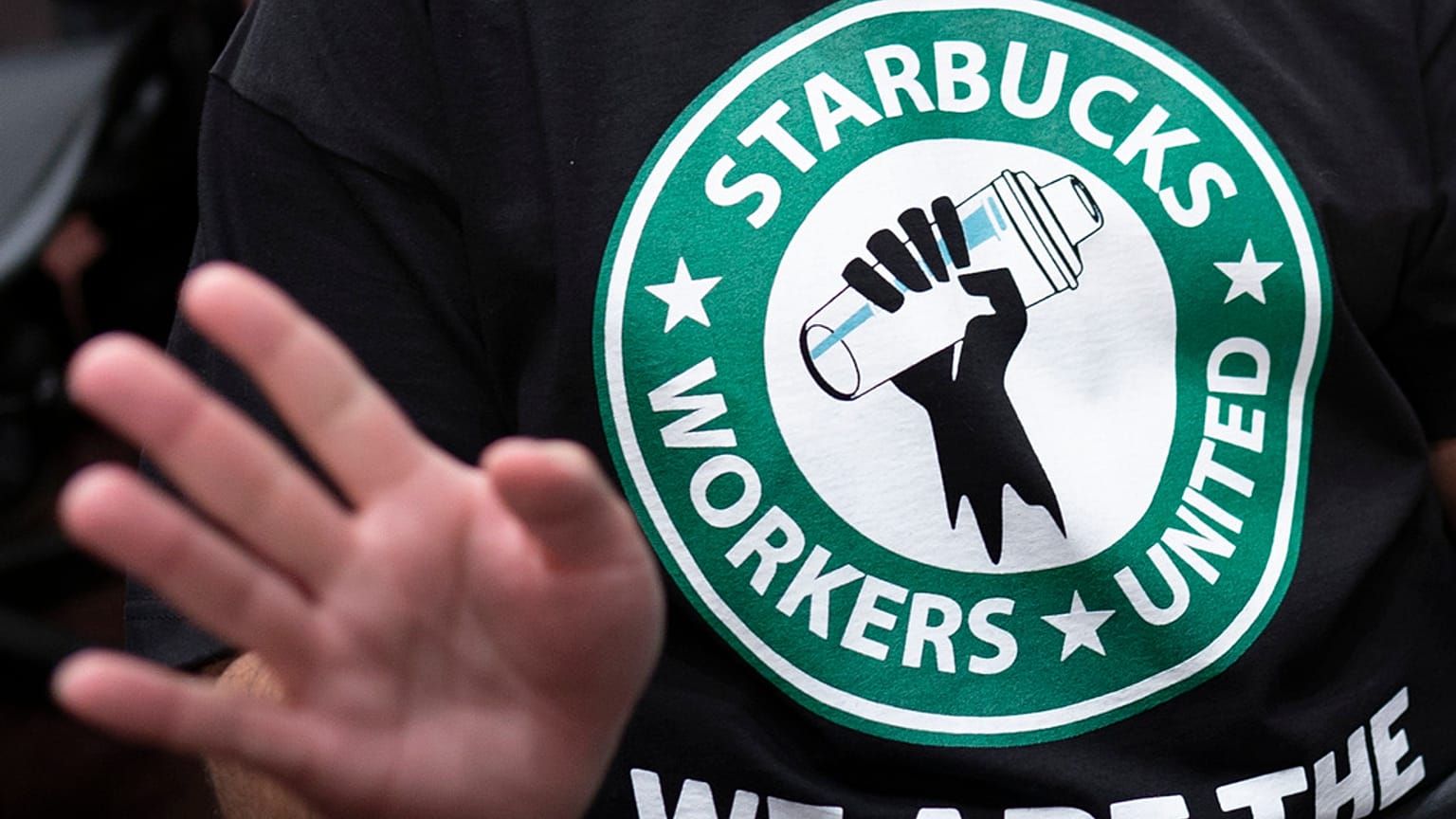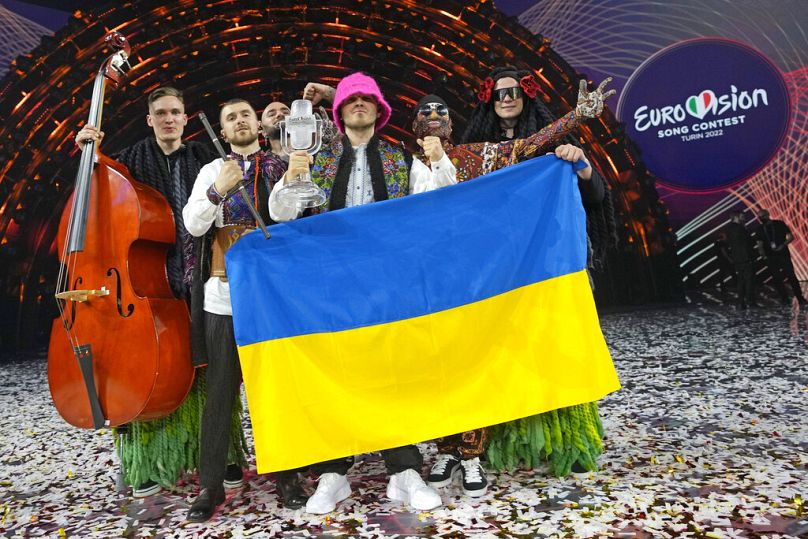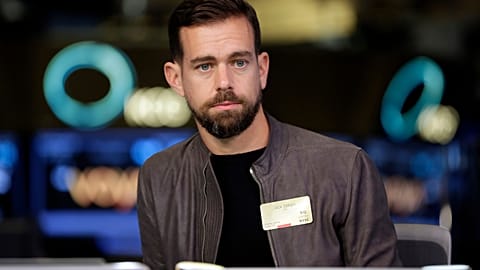As the death toll from Israel’s offensive in Gaza rises, corporate communications are in crisis mode.
On 7 October, the armed Palestinian group Hamas - designated by the EU as a terrorist organisation - launched an assault on Israel from the Gaza Strip.
 ADVERTISEMENT
ADVERTISEMENT
 ADVERTISEMENT
ADVERTISEMENT
Blazing houses and shooting civilians, Hamas murdered around 1,400 Israelis, and claimed that their actions were a retaliation against Israel’s deep-rooted oppression of Palestine.
After news of the attack broke, a number of companies released statements of condemnation.
The Walt Disney Company donated $2 million (€1.9 million) to humanitarian organisations in the region and expressed outrage over the “horrific terrorist attacks”.
Amazon’s CEO Andy Jassy told Twitter that the violence against civilians was “shocking and painful to watch”, and Pfizer CEO Albert Bourla wrote on LinkedIn that he was “heartbroken by the atrocities”.
Whilst to many, these expressions of condolence were a natural response, some Palestinian supporters weren’t so sure.
They complained that whilst companies poured out sympathies for Hamas’ victims, there was an erasure of Palestinian suffering in the narrative - a suffering that had gone relatively unnoticed compared to the atrocities of 7 October.
Soon to be embroiled in the corporate controversy were Starbucks and McDonald’s.
When Israel began retaliatory strikes on Gaza, the fast-food chain announced that it was giving thousands of free meals to Israel Defense Forces (IDF) personnel.
Whilst Israel says their troops are doing essential work to “dismantle” Hamas in Gaza, pro-Palestine groups claimed that by giving out free meals, McDonald’s was complicit in supporting the ethnic cleansing of Palestinians.
As for Starbucks, they entered the fray when their worker’s union shared a message on X, reading: “Solidarity with Palestine!”
Following the post, there was a swift backlash from several Jewish groups, but when Starbucks then decided to sue the union, the company unleashed a wave of pro-Palestinian anger.
Speak out or stay silent?
In the days before social media, brands weren’t as likely to get involved in public moralising.
‘Corporate social responsibility’ is a term that’s existed since the 1950s, but the idea had more to do with philanthropy and giving back to one’s community, rather than releasing statements on wider cultural issues.
Many businesses previously believed it wasn’t necessary (or particularly wise) for them to air their opinions on social matters - whether this be abortion, race, or LGBTQ+ rights.
Yet as social media took off in the noughties, it brought with it a huge cultural shift.
As it’s now easier to debate and share opinions, corporations are under more pressure to stand up and speak out on perceived injustices, even ones that don’t directly involve them.
In some cases, this can be more of a win than a burden for companies, as was evident following Russia’s invasion of Ukraine in 2022.
Because the western world holds a general consensus on the oppressor here, brands can show their ethical stance without too much reputational risk.
Consumers watched Ukrainian flags pop up across commercial sites and stores, and a number of businesses launched solidarity campaigns, such as rental platform Airbnb, that began offering free housing for Ukrainian refugees.
That said, when public opinion is more divided, corporate activism can become a little more complicated.
An-Sofie Claeys, assistant professor in Corporate Communication at Ghent University in Belgium, teaches her students how to manage company PR in crisis situations.
Speaking of the Israel Hamas war, she told Euronews: “I don't think there's a clear cut solution here to advise companies.”
“One thing that they should take into account is to be consistent,” she added.
“If you've never spoken out on social issues before, and if your company is a B2B company, [...] then I think you'll likely keep silent,” Claeys said. “But if you produce goods for consumers, if you're a brand that has taken a stance before on societal matters [...] then it can come across as quite hypocritical not to take a stance now.”
The power and the people
Trying to determine how much support the Israeli offensive has amongst ordinary citizens is no easy task.
According to a poll published on 27 October in the Israeli newspaper Maariv, almost half of Israelis want to hold off on any invasion of Gaza, although opinions are constantly changing.
Over in the UK, an IPSOS poll from 27 October shows that the British public are more likely to want the UK government to be a neutral mediator in the conflict (37%) or to not be involved at all (16%), than to either support Israel (13%) or the Palestinians (12%).
Compared to a study conducted with US respondents on 15 October, IPSOS noted that Brits are less likely to support Israel’s offensive, although the organisation recognised that the polls had some variations.
As the death toll in Gaza continues to rise, the dates when the results were collected may also affect IPSOS’ conclusions.
To a certain extent, fractured public responses can equally be seen amongst political bodies in the West.
US President Joe Biden and European Commission President Ursula von der Leyen have notably branded Israel’s invasion of Gaza as an act of self-defence, but a number of leaders, such as UN Secretary-General António Guterres, have been critical of Israel’s attack.
Considering the divergence in these opinions, it’s easy to see why company communications can become difficult at a time like this.
By choosing to speak on the Israel Hamas war, brands are naturally exposing themselves to criticism from both sides of the debate.
Anti-Semitism and the legality of boycotting
When preparing this article, Euronews reached out to both pro-Israel and pro-Palestinian groups who are shunning businesses because of the conflict.
By the time of publication, pro-Israel groups were yet to comment, but the Palestinian-led movement Boycott, Divestment and Sanctions (BDS) responded to our queries.
The group, active since 2005, focuses boycotts on a small number of companies that it believes are complicit in violations of Palestinian rights.
These include tech companies HP and Siemens, retailer Carrefour, insurance firm AXA, and sportswear company Puma.
“All peaceful popular efforts, including boycott and divestment, to hold these complicit companies accountable for their support of Israel’s crimes against Palestinians are justified and called for,” BDS told Euronews.
The group stressed that “boycotts are effective”, outlining that their actions “have already led major multinational companies such as Veolia, Orange, and General Mills to withdraw from activities in illegal Israeli settlements”.
Yet whilst BDS’s actions might be working, the group has nonetheless attracted its fair share of controversy over the years.
The group has notably ignited debate about the legality of boycotting, as well as the right to free speech.
In 2019, the German parliament decided that BDS used anti-Semitic methods to achieve its goals, and similar sentiments have been echoed in countries like France and the UK.
In the US, several states have passed bills to discourage anti-Israel boycotts, but many of these initiatives have been legally challenged on the basis of free speech, with boycotters arguing that they should be allowed to criticise the Israeli state.
Ultimately, the debate over BDS shines a light on the difficulty of discussing the Israel Hamas war, as by condemning the actions of Netanyahu's offensive, companies are making themselves vulnerable to accusations of anti-Semitism.
Due to mounting tensions over the conflict, it’s clear that verbal and physical attacks against Jewish citizens have been rising at alarming rates since 7 October.
In Muslim-majority Dagestan, hundreds of men stormed an airport looking for Israeli passengers on Monday, and on 20 October, London noted a 1,353% increase in anti-Semitic offences in October, compared to the same period last year.
Whilst fears surrounding anti-Semitism are therefore wholly legitimate, there’s a clear problem with individuals conflating criticism of the Israeli state and condemnation of Jewish people.
In some circles, those hoping to silence Palestinian voices have also blurred the lines between support for Hamas and support for the Palestine cause, branding those who oppose Israel's offensive as terrorist sympathisers.
So with language charged to a breaking point, it’s hard to see how companies can react to the war in a way that won’t dent their popularity with consumers.
Professor Claeys nonetheless told Euronews: “I think there's a difference between what you should do morally and what you should do in terms of strategy and reputation.”
She explained that companies must “really consider their values - and act and communicate in line with that.”



















